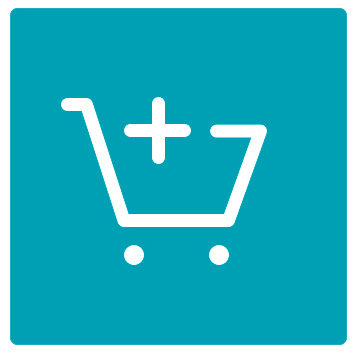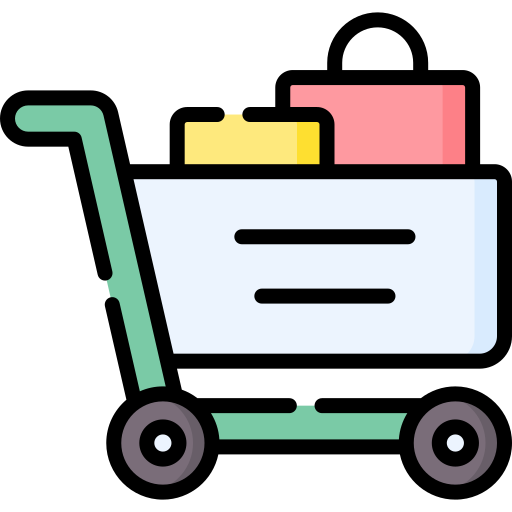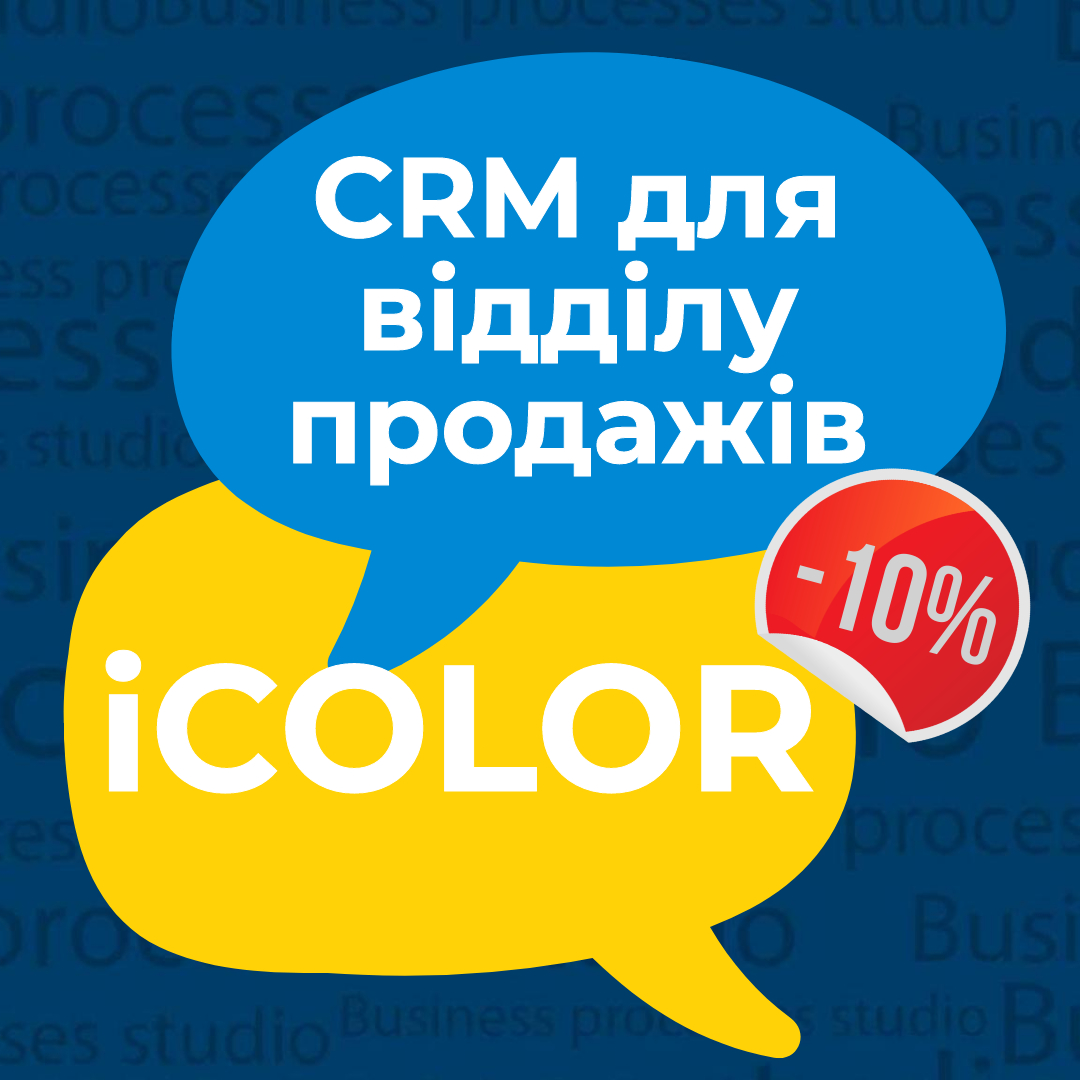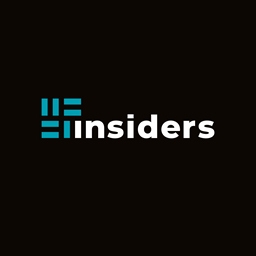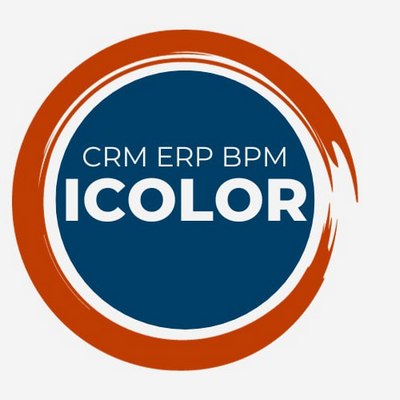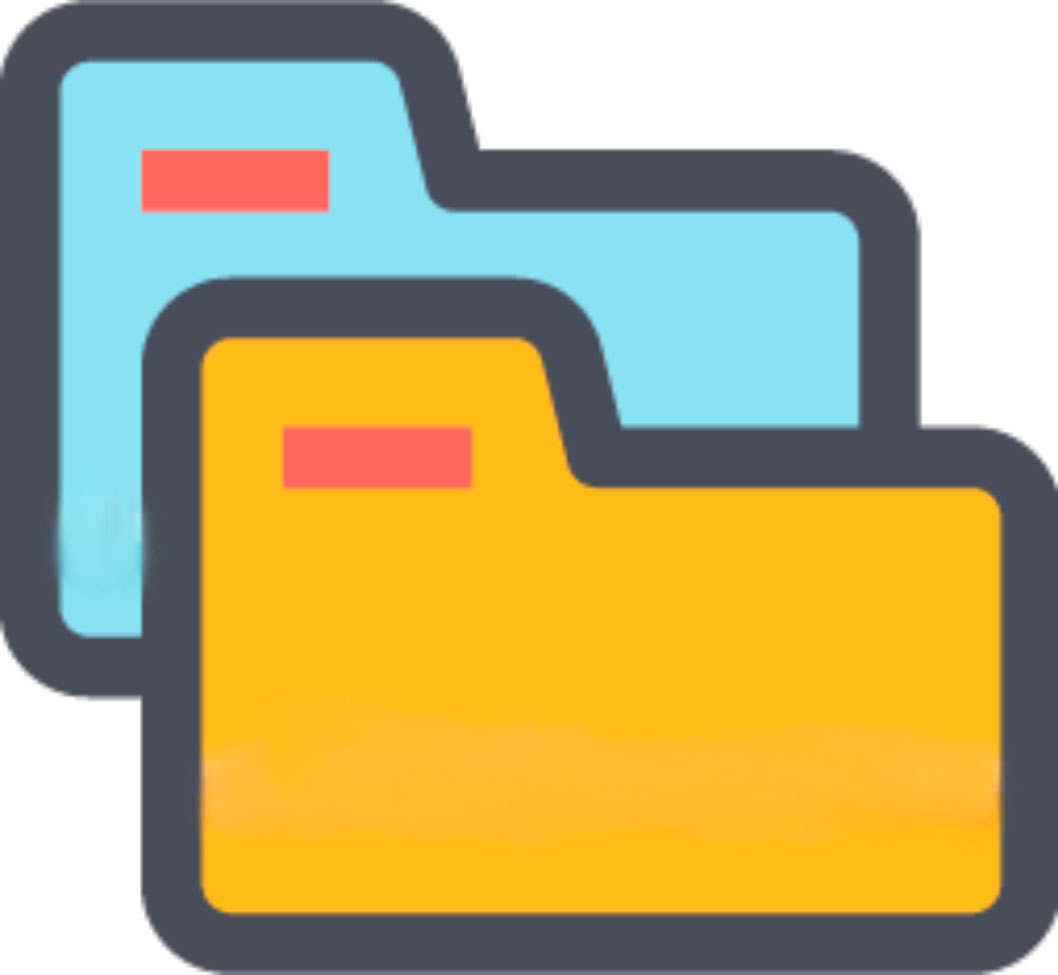Programs for trading
Trading software refers to computer programs that allow traders to analyze financial markets and execute trades. These programs can range from basic charting and analysis tools to advanced algorithmic trading platforms that use artificial intelligence and machine learning. Trading software is used by both individual traders and large financial institutions to make informed trading decisions and maximize profits.
Here are some possible features and capabilities of trading software:
- Real-time market data: Trading software can provide access to real-time market data, including prices, volume, and other key metrics that traders need to make informed decisions.
- Charting and technical analysis tools: Many trading platforms offer advanced charting tools that allow traders to analyze price movements and identify trends, as well as technical indicators that can help them make trading decisions.
- Trading automation: Some trading software allows traders to automate their trading strategies, using algorithms to execute trades automatically based on pre-set conditions.
- Backtesting: Trading platforms can also offer backtesting capabilities, allowing traders to test their trading strategies against historical data to see how they would have performed in the past.
- Risk management: Trading software can help traders manage risk by setting stop-loss orders, trailing stops, and other risk management tools that can limit losses and protect profits.
- Mobile trading: Many trading platforms offer mobile apps that allow traders to monitor the markets and execute trades from their smartphones or tablets.
- Education and training: Some trading software providers offer education and training resources, including webinars, tutorials, and articles, to help traders learn more about the markets and improve their trading skills.
- Multiple asset classes: Trading software can provide access to multiple asset classes, including stocks, options, futures, forex, and cryptocurrencies.
- Customization: Trading platforms can offer customization options, allowing traders to tailor their trading experience to their specific needs and preferences.
- Integration with other tools: Some trading software can integrate with other tools and services, such as financial news sources, social media platforms, and trading signal providers, to provide traders with a more complete picture of the markets.
In summary, trading software provides a range of features and capabilities, including real-time market data, charting and technical analysis tools, trading automation, backtesting, risk management, mobile trading, education and training, access to multiple asset classes, customization options, and integration with other tools and services. These features can help traders make informed decisions, manage risk, and improve their trading skills.
Pricing Programs for CRM systems for trade automation #
Solutions "Programs for trading" #
Discussions Programs for CRM systems for trade automation #
Ask questions, discuss any question or idea about" Programs for CRM systems for trade automation" our forum
Features Programs for CRM systems for trade automation #
Integrators Programs for CRM systems for trade automation #
This is a list of our partners who have experience or industry solutions in the area "Programs for CRM systems for trade automation". They can build a custom CRM or ERP system for you on the OneBox platform.



